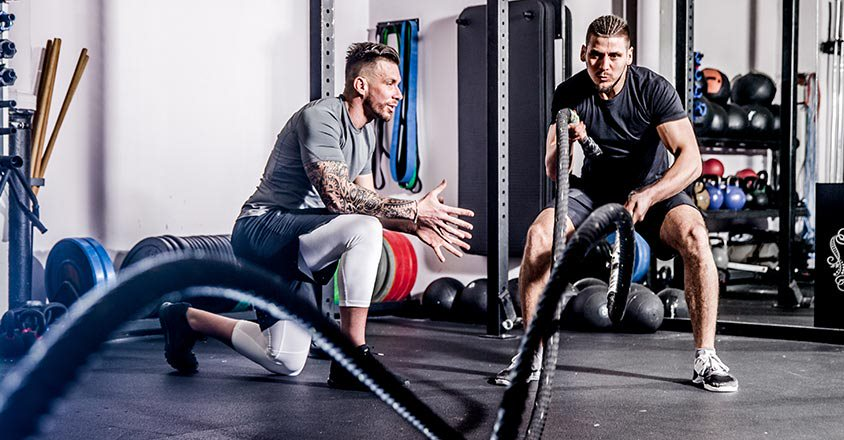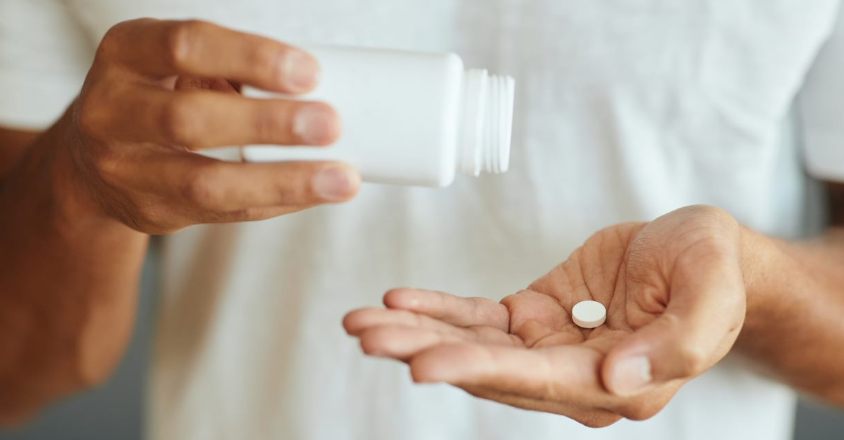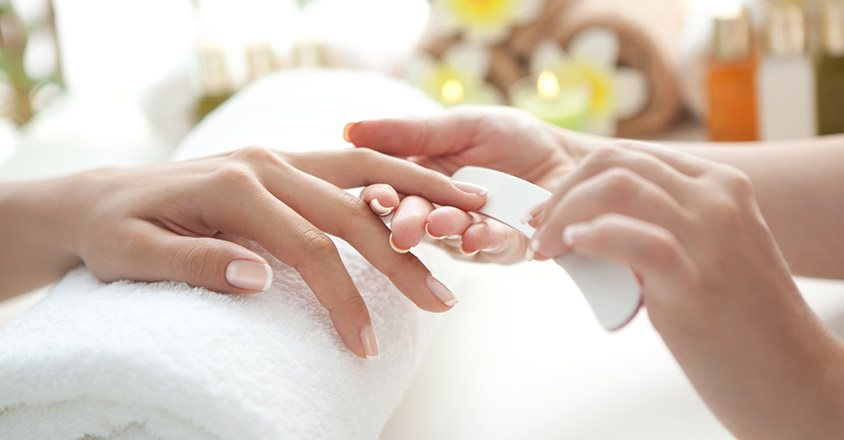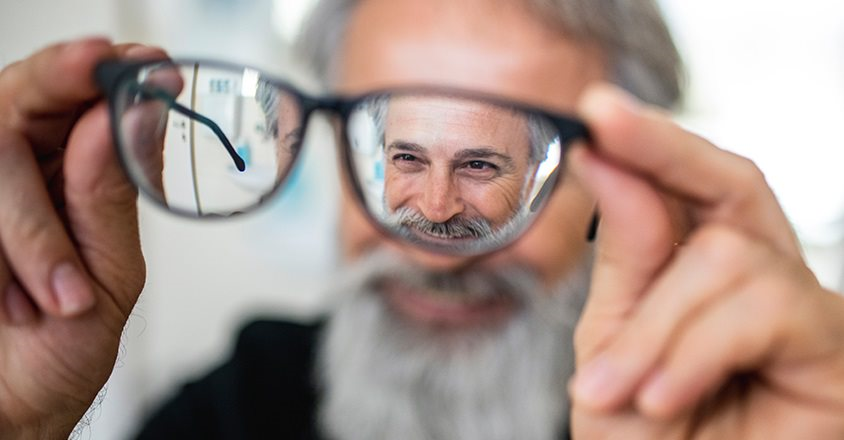Is breastfeeding really that important?
The decision to breastfeed is a personal one. As a new mom, you deserve support no matter how you decide to feed your baby. You should not be made to feel guilty if you can’t or choose not to breastfeed. Every woman’s journey to motherhood is different, but one of the first decisions a new mom makes is how to feed your child.
When you choose to breastfeed, you make an investment in your baby’s future. Breastfeeding allows you to make the food that is perfect for your baby. Your milk gives your baby the healthy start that will last a lifetime. The cells, hormones and antibodies in breast milk protect babies from illness. This protection is unique and changes to meet your baby’s needs.
“Breastfeeding is a wonderful way to nourish your baby and protect your baby from illness, and it has health benefits for the mother,” said Eric Jones, M.D., Nationwide Children’s Hospital pediatric hospitalist at Genesis. “We are just learning some of the many benefits of breastfeeding, and I am sure there are many advantages that we have yet to discover.”
Research suggests that breastfed babies have lower risks of:
- Asthma
- Childhood leukemia
- Childhood obesity
- Ear infections
- Eczema (atopic dermatitis)
- Diarrhea and vomiting
- Lower respiratory infections
- Necrotizing enterocolitis, a disease that affects the gastrointestinal tract in pre-term infants
- Sudden infant death syndrome (SIDS)
- Type 2 diabetes
“Breastfeeding is a commitment of time and love, which has lasting benefits for baby and mother,” Dr. Jones said. “How incredible is it that a mother not only grows a baby inside of her body, but her body also creates all the nutrients that baby needs to flourish and develop for months.”
Talk to your OB/GYN to learn more about breastfeeding and for guidance on the best feeding option for you and your child. For more information on Genesis HealthCare System’s maternity services, visit genesishcs.org/maternity.
Genesis HealthCare System’s Health and Wellness content conveniently provides accurate and helpful information. Your health history and current health may impact suggestions provided through our Health and Wellness content. Although we hope this information is helpful, it is not a substitute for your doctor's medical advice. Before making any significant changes, please consult your doctor.

The decision to breastfeed is a personal one. You should not be made to feel guilty if you can’t or choose not to breastfeed.








